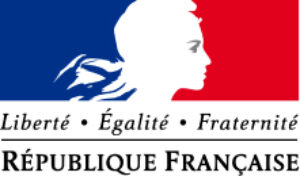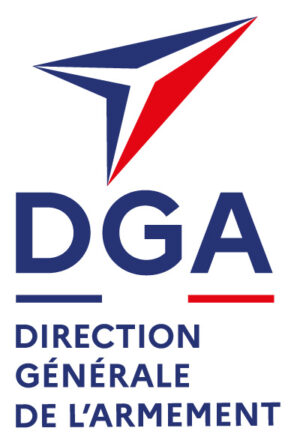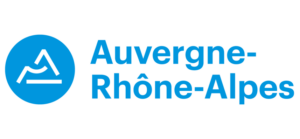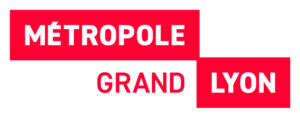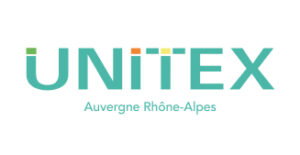

RegioGreenTex is an EU-funded project aiming at strengthening textile circularity in european regions
In the framework of the European Green Deal, the project is promoting the collaboration in research and development for the textile industry between the four major sectors of society – industry, government, research institutes, and the public – in establishing a systematic circular economy business model across the EU.
Want to know more about RegioGreenTex project results
Visit the project’s website

As part of the RegioGreenTex project, Techtera has created a Tool box for SMEs
The goal of this toolbox is to support SMEs developing circular products or services in finding their route to market. Indeed, accessing the market with innovative and sustainable solutions can be challenging, as it often requires deploying specific competitive advantages. This tool box provides advice to perform market viability, define brand identities, prove their positive impact, promote and communicating, improve sales and measure progress with relevant KPIs.

Perform market viability
Market viability can be assessed using various methods. The relevance of each method depends on the specific needs of the SME: Is the SME looking for a general overview of its position, taking into account internal and external influences? Is it searching for a market advantage compared to competitors and seeking a better understanding of its customers? Or does it need a comprehensive overview of its unique value proposition?

Define brand identities & build strong communication
Engaging methodologies can help develop strong brand communication by shaping multiple facets of brand identity, translating values and purpose consistently across all communication channels, crafting clear and effective messages, and ultimately creating a pathway that turns attention into action.
The tools gathered the most relevant methods to reach these goals.

Prove impact : labels and certifications
Sustainable benefits must be verified or certified, which is why labels and certifications are essential for highlighting sustainable products. Claims lacking specific impact metrics or recognized labels may be perceived as greenwashing. To assist SMEs in effectively communicating their sustainable value proposition, this link includes a list of relevant labels and certifications.

Acquisition channels
SMEs often use social networks, particularly LinkedIn, as a communication channel to promote their products. Very few are using the press, having trouble in measuring the profitability of this channel. However, specialized media outlets, though few, can have a significant impact on reaching B2B customers. These media outlets also share their articles on their own website and social media, engaging a broad community of stakeholders and enhancing the SME overall social network presence. Therefore, offering a list of relevant European media outlets, focused on textiles, sustainability, or circular economy, could be highly beneficial. The sheets are available in this file, one related to generalist environment Press and the other to textile professional press.

Improve sales : trade shows
Trade shows are a particularly relevant distribution channel for the B2B market across the textile value chain. However, their effectiveness can vary, and the high costs involved may pose a risk, especially if not tailored to the needs of SME customers. Therefore, listing relevant trade shows and fairs, focused on the textile industry is crucial.

Improve sales : B2B e-commerce plaforms
E-commerce platforms are excellent channels for boosting product visibility and driving sales growth. Leveraging these platforms can significantly expand your market reach and enhance customer engagement. Therefore, creating a mapping of B2B and B2C ecommerce platforms is very useful.

Partnerships : collaborations and clustering
Cross-sectorial and cross-regional collaborations can be a significant advantage in driving innovation. These collaborations help lower costs and increase the likelihood of success. Clusters and federations can assist SMEs in forming interregional partnerships by fostering valuable EU connections which can represent a significant added value for a project. They also provide SMEs with crucial information regarding policies and recent regulations, enabling them to anticipate and capitalize on these major changes. There are numerous federations and clusters available to help build these complex industrial partnerships, facilitate cooperation throughout the entire value chain and inform on regulations.

Measure KPIs
KPIs are essential for monitoring the progress and effectiveness of strategies implemented to achieve the previously outlined objectives. The KPIs provided in the link, have been specifically chosen for their relevance to SMEs developing sustainable products.
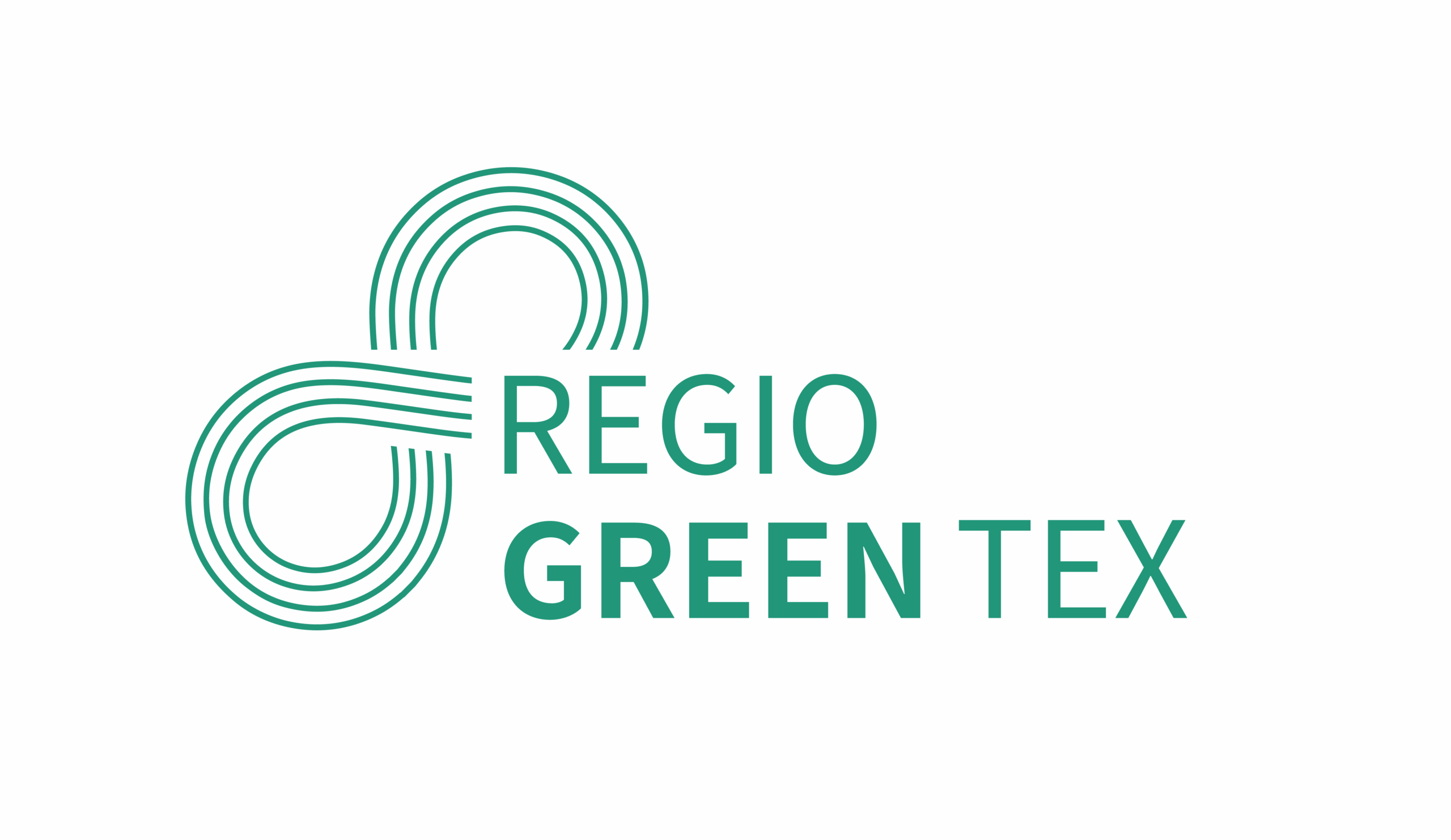
REGIOGREENTEX PROJECT
Want to know more about RegioGreenTex project results
Project co-funded by the European Union

